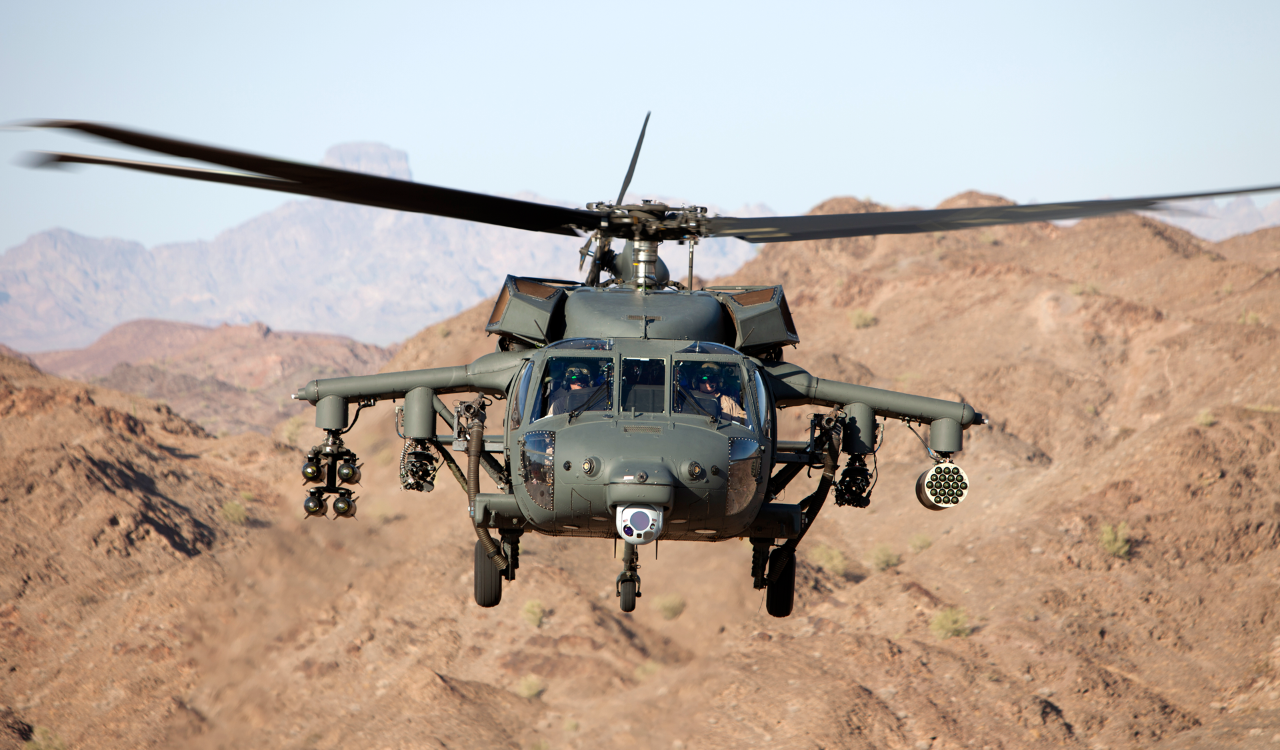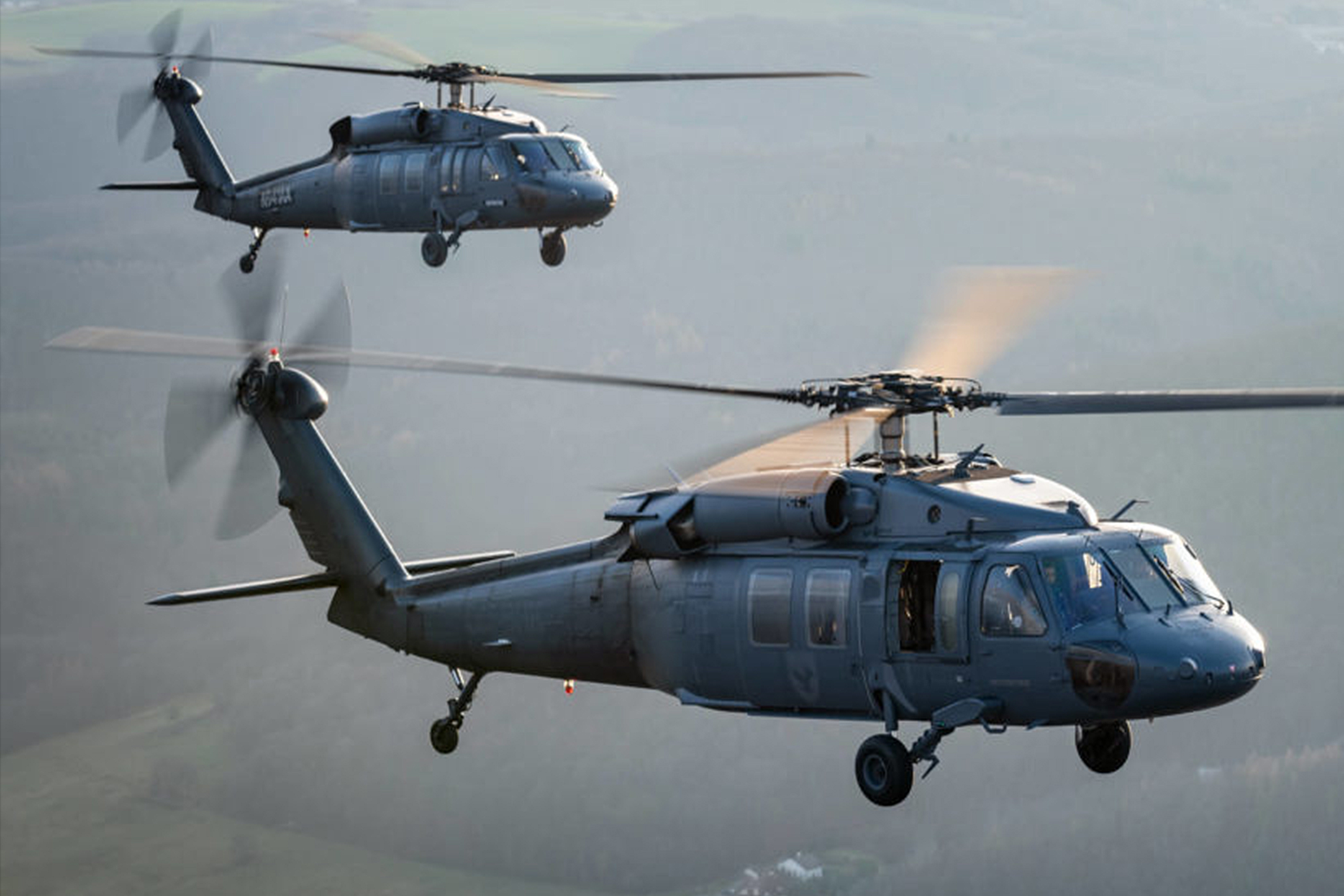The Duty of UH 60 in Modern Military Workflow
The Duty of UH 60 in Modern Military Workflow
Blog Article
The Impact of Lasting Practices on the Future of Aircraft Operations and Emissions Decrease
As the aviation market faces increasing analysis over its environmental effect, the fostering of lasting techniques emerges as an essential pathway towards future aircraft procedures and exhausts reduction. Technologies in sustainable air travel gas and developments in crossbreed propulsion technologies stand at the center of this improvement, encouraging significant reductions in greenhouse gas emissions.

Review of Sustainable Practices
Sustainable methods in airplane operations incorporate a series of strategies targeted at minimizing ecological influence while maintaining operational efficiency. These methods are vital in the aviation industry's commitment to reducing its carbon impact and sticking to international environmental requirements. Trick initiatives include maximizing flight paths to lower gas consumption, enhancing upkeep procedures to ensure airplane operate at peak performance, and carrying out advanced modern technologies such as winglets and lightweight materials that enhance aerodynamics.

Involving and training personnel on sustainability techniques also play a vital role, fostering a society of ecological duty within companies. Overall, the integration of these lasting methods not only helps in reducing emissions however likewise improves the long-term practicality of the air travel field, guaranteeing it meets the demands of both customers and regulatory bodies while adding to worldwide sustainability objectives.
Ingenious Fuel Alternatives
Many ingenious gas choices are emerging as critical remedies to lower the aviation industry's reliance on standard fossil gas. Amongst these alternatives, Sustainable Aeronautics Fuels (SAFs) have actually obtained substantial focus due to their possible to lower lifecycle greenhouse gas discharges by approximately 80% contrasted to conventional jet gas. SAFs are stemmed from different feedstocks, including waste oils, farming deposits, and also algae, making them a functional option for the industry.
One more appealing alternative is hydrogen fuel, which, when used in fuel cells, produces just water vapor as a by-product. This zero-emission possible presents a significant chance for decarbonizing trip procedures, specifically for short-haul trips and regional airplane. Furthermore, electric propulsion systems are being checked out, leveraging battery technology to power aircraft. While present battery ability limitations variety and haul, recurring innovations might quickly render electrical flights practical for particular applications - uh 60.
Finally, biofuels stemmed from biomass are being examined, offering a renewable alternative that can be mixed with conventional fuels. Jointly, these innovative fuel alternatives stand for a crucial action toward attaining a sustainable aeronautics community, lining up with worldwide exhausts reduction targets and improving the industry's ecological stewardship.
Technological Advancements in Air Travel

How can technological improvements improve the future of aviation? The integration of sophisticated technologies is pivotal in transforming aircraft procedures, enhancing efficiency, and minimizing discharges. Technologies such as electric and hybrid propulsion systems are at the leading edge, encouraging substantial decreases in fuel usage and greenhouse gas discharges. These systems leverage advancements in battery innovation and power administration, making it possible for airplane to operate with a reduced site web ecological footprint.
Furthermore, the implementation of advanced products, such as light-weight composites, contributes to improved the rules of aerodynamics and gas effectiveness. Making use of expert system and machine understanding in trip operations maximizes course preparation and decreases fuel melt by allowing real-time modifications based on weather condition and traffic conditions. In addition, the development of independent and remotely piloted airplane systems stands to revolutionize freight and traveler transport, possibly enhancing effectiveness while reducing human mistake.
Furthermore, sustainable aeronautics modern technologies, including innovative air web traffic management systems, can look here streamline operations and decrease blockage, causing lower exhausts during trip. These innovations jointly represent a standard change in air travel, promising a future where sustainability and functional efficiency are linked, consequently supporting the market's dedication to minimizing its ecological impact.

Regulative Structure and Compliance
Due to the growing focus on environmental stewardship within the aeronautics field, the regulatory structure governing airplane operations is developing to promote lasting methods. Regulatory bodies, such as the International Civil Air Travel Company (ICAO) and different nationwide aviation authorities, are introducing strict standards targeted at decreasing exhausts and enhancing operational efficiency.
These policies typically consist of the fostering of Sustainable Air travel Gas (SAF), which has been acknowledged as a key element in accomplishing lower carbon impacts. Moreover, conformity with these policies requires airline companies to carry out innovative modern technologies and operational methods, such as optimized flight courses and improved air website traffic management, to reduce fuel usage.
Furthermore, the enforcement of exhausts trading systems and carbon offsetting efforts is ending up being increasingly common, engaging airlines to check and report their emissions properly. Non-compliance can lead to substantial penalties, hence pushing operators to prioritize sustainability in their organization versions.
Eventually, the developing regulative landscape not only drives technology and financial investment in green modern technologies yet additionally cultivates a society of responsibility within the air travel market. As these frameworks remain to develop, the emphasis on sustainable practices will be indispensable to accomplishing the field's long-term ecological goals.
Future Patterns in Aircraft Operations
As the aviation market adapts to a progressively rigorous governing setting, future patterns in aircraft procedures are established to concentrate on ingenious options that additionally boost sustainability and efficiency - uh 60. Key advancements will likely consist of the adoption of innovative air traffic administration systems, which use real-time data and fabricated intelligence to maximize trip paths, lowering fuel intake and exhausts
One more significant pattern is the enhanced assimilation of lasting air travel fuels (SAFs) These choices to conventional jet fuel, originated from renewable resources, can dramatically reduce lifecycle greenhouse gas exhausts. The sector's commitment to SAFs will likely accelerate as airline companies work together with fuel producers to ensure availability and cost-effectiveness.
Furthermore, the press in the direction of electrification and hybrid propulsion systems is gaining energy. Emerging aircraft layouts will include these technologies, using quieter and a lot more efficient procedures, specifically for short-haul flights.
Conclusion
The fostering of lasting aviation gas, paired with innovations in hybrid and electric propulsion systems, is important for decreasing lifecycle greenhouse gas exhausts. Optimizing trip courses and welcoming cutting-edge modern technologies add to a quieter and a lot more ecologically pleasant aviation field.
Technologies in lasting air travel gas and improvements in hybrid propulsion innovations stand at the leading edge of this improvement, promising considerable reductions in greenhouse gas emissions.Various innovative fuel options are emerging as critical solutions to lower the aviation industry's dependence on conventional fossil find out here fuels - uh 60. Amongst these options, Sustainable Air travel Fuels (SAFs) have actually gotten significant interest due to their possible to decrease lifecycle greenhouse gas exhausts by up to 80% contrasted to conventional jet gas.One more substantial fad is the raised assimilation of sustainable aeronautics fuels (SAFs) The fostering of sustainable aviation fuels, paired with advancements in hybrid and electric propulsion systems, is essential for decreasing lifecycle greenhouse gas discharges
Report this page